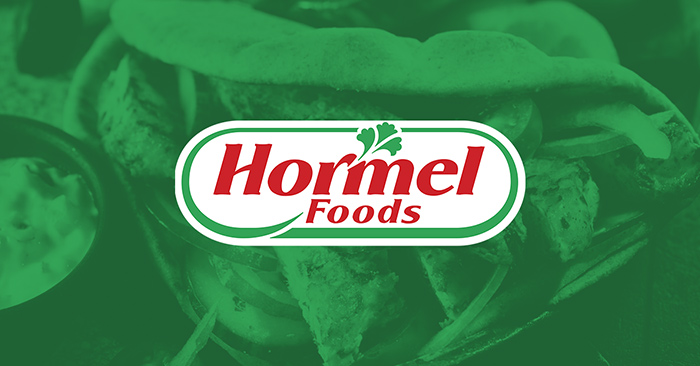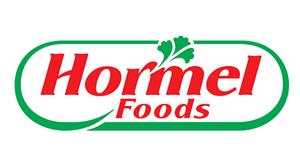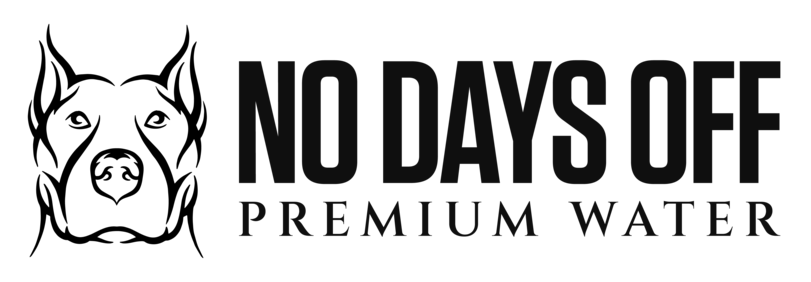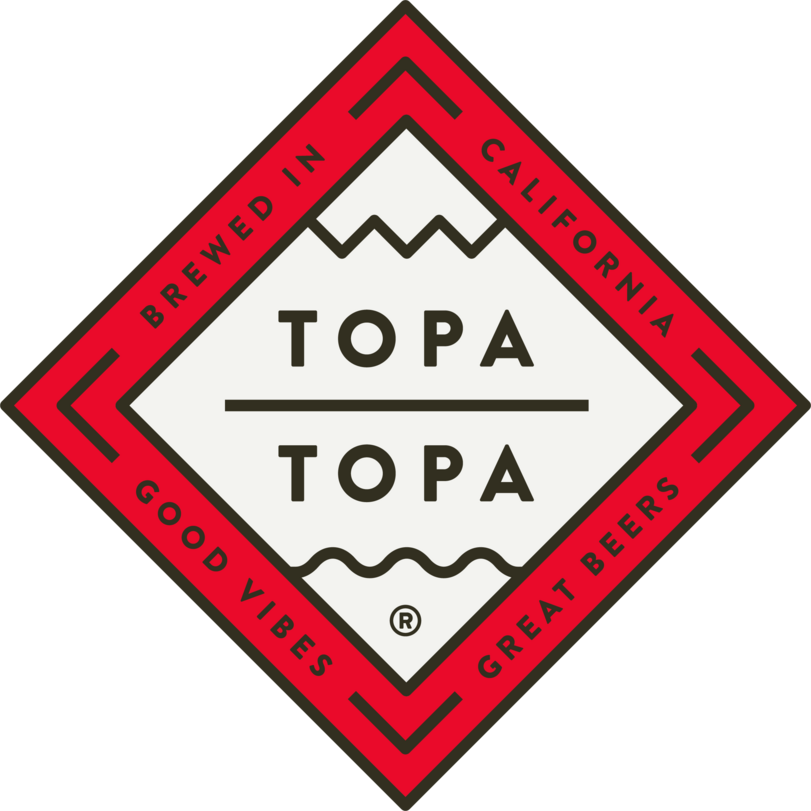Hormel Foods Announces Changes to Operating Structure Amid Transition into ‘Global Branded Food Company’

Austin, Minneapolis-based Hormel Foods announced today it will transition to three operating segments – retail, foodservice and international – as it moves further beyond meat products and evolves into a “global branded food company.”
The new strategic model is centered around a push to make the company’s businesses “more agile, consumer and customer focused, and market driven,” according to a press release. The model will be put into place this fall at the beginning of the 2023 fiscal year.
During an investor presentation last October, Hormel Foods chairman, president and CEO Jim Snee discussed the company’s shift from meat and protein to a broader identity that includes categories such as on-the-go snacking across retail, deli and foodservice. He said the company plans to focus on snacks as its “next major growth pillar.”
Those efforts kicked off with the acquisition of nut brand Planters in February 2021, which opened up a number of growth opportunities, such an expanded presence in c-stores and exploring new snacking and entertaining occasions that are expected to accelerate as the pandemic subsides.
Revenue in the global snack food segment reached $506.2 billion this year, according to Statista. The market is projected to grow at a 5.58% CAGR from 2022 to 2027.
“Hormel Foods is a distinctly different company than it was a decade ago, with a food-forward, growth-oriented portfolio of brands that are aligned with our customer and consumer needs,” said Snee in a press release. “Our new operating model is a culmination of our recent strategic actions, which included numerous portfolio-building acquisitions, including the planters snacking business, the creation of One Supply Chain, the modernization of our technology and ecommerce capabilities and, most recently, our transformational efforts at Jennie-O Turkey Store.”
During its Q2 2022 earnings call in June, Hormel reported that sales increased 18% year-over-year to nearly $3.1 billion. Executives attributed the robust earnings in part to the continued success of its integration of Planter’s.
Under the new operating model, the company’s largest segment will be retail. The featured brands will include: Planters and Corn Nuts; SPAM; SKIPPY; Columbus; Applegate; Hormel Natural Choice; Jennie-O; Hormel Black Label; Herdez; WHOLLY; and Justin’s. Retail will be divided into six verticals – including convenient meals and proteins, snacking and entertaining, global foods, value added meats and bacon – to “better reflect how the products will be pitched to retailers,” the Minneapolis Star Tribune reported. Through the new operational model, Hormel expects to bring in $11.7 billion to $12.5 billion in revenue for the 2023 fiscal year, which ends Oct. 31, according to the story.
The segment will be powered by Brand Fuel, a food-forward hub that houses “brand management expertise, world-class marketing capabilities and insights-led innovation, and will further enable data-driven decisions for the enterprise.” Brand Fuel will also house the Digital Experience Group, the company’s ecommerce and digital content team.
The foodservice segment is tasked with serving leading foodservice establishments such as restaurants, hotels, educational and healthcare institutions and c-stores.
According to the release, Hormel Foods’ foodservice channel has continued to expand with its growing portfolio of branded, value-added products and market leadership positions in the pizza toppings and bacon categories. In 2021, the company debuted plant-based pepperoni for foodservice under the Happy Little Plants brand, sold under its subsidiary Burke Corporation.
The new segment will combine the company’s domestic foodservice businesses, including Jennie-O and Hormel. The former has been successful at K-12 schools while the latter has been successful at college campuses, according to the Minneapolis Star Tribune.
Lastly, the international segment will help the company expand its reach globally by growing brands like SPAM and SKIPPY; accelerating growth and investment in China, Brazil and Indonesia; and further leveraging partnerships in the Philippines, South Korea and Europe. Hormel will open a new R&D and innovation center in China in fiscal year 2023.
Snee said the company is leaning on the balance of brands across its diverse portfolio to cater to both value and premium consumers. Updates on the news strategic model will be provided on the fiscal Q3 earnings call on September 1, 2022.
“This new alignment will empower our global team members, with a more refined organizational structure that is accountable, nimble and focused on creating the Hormel Foods of the future,” said Snee.


















